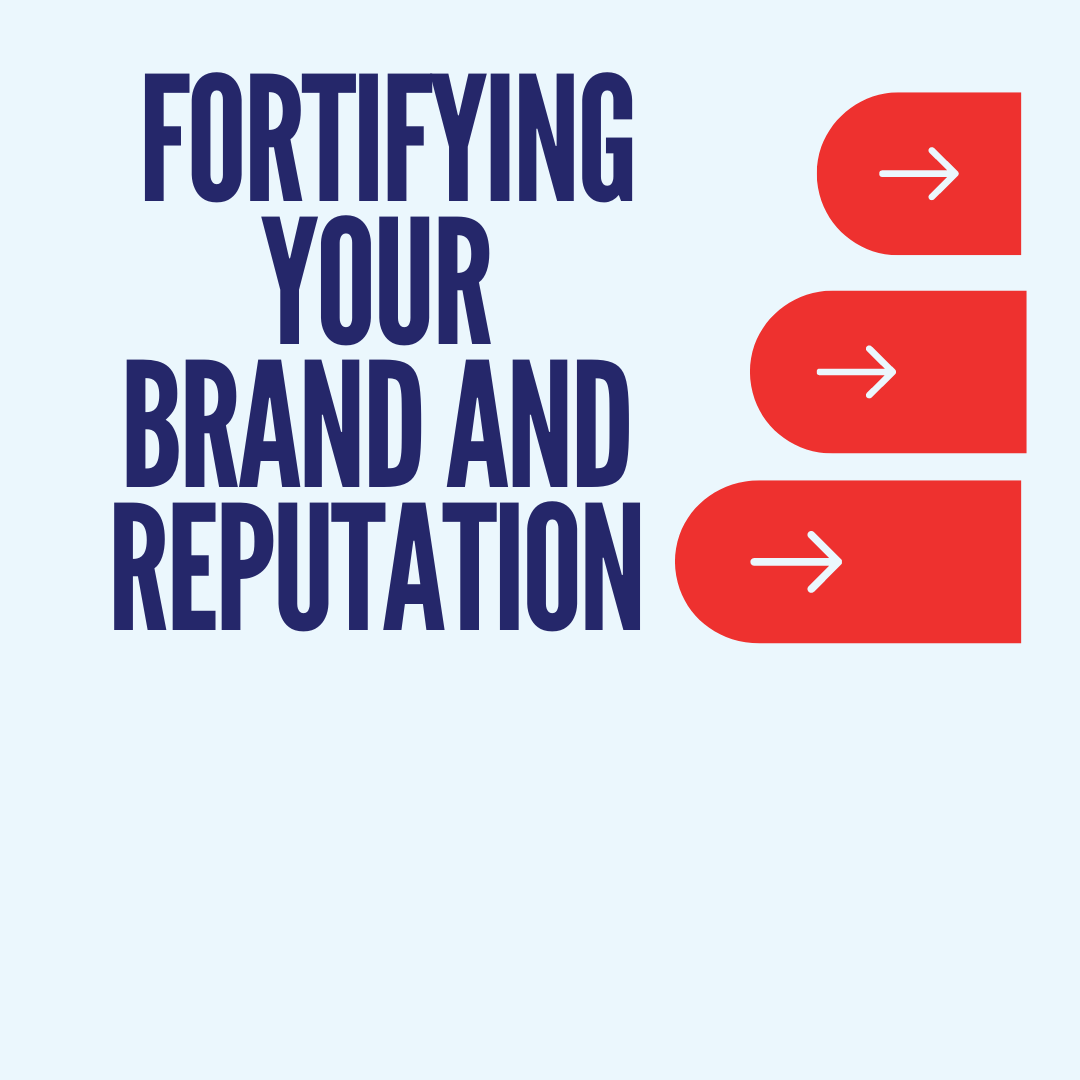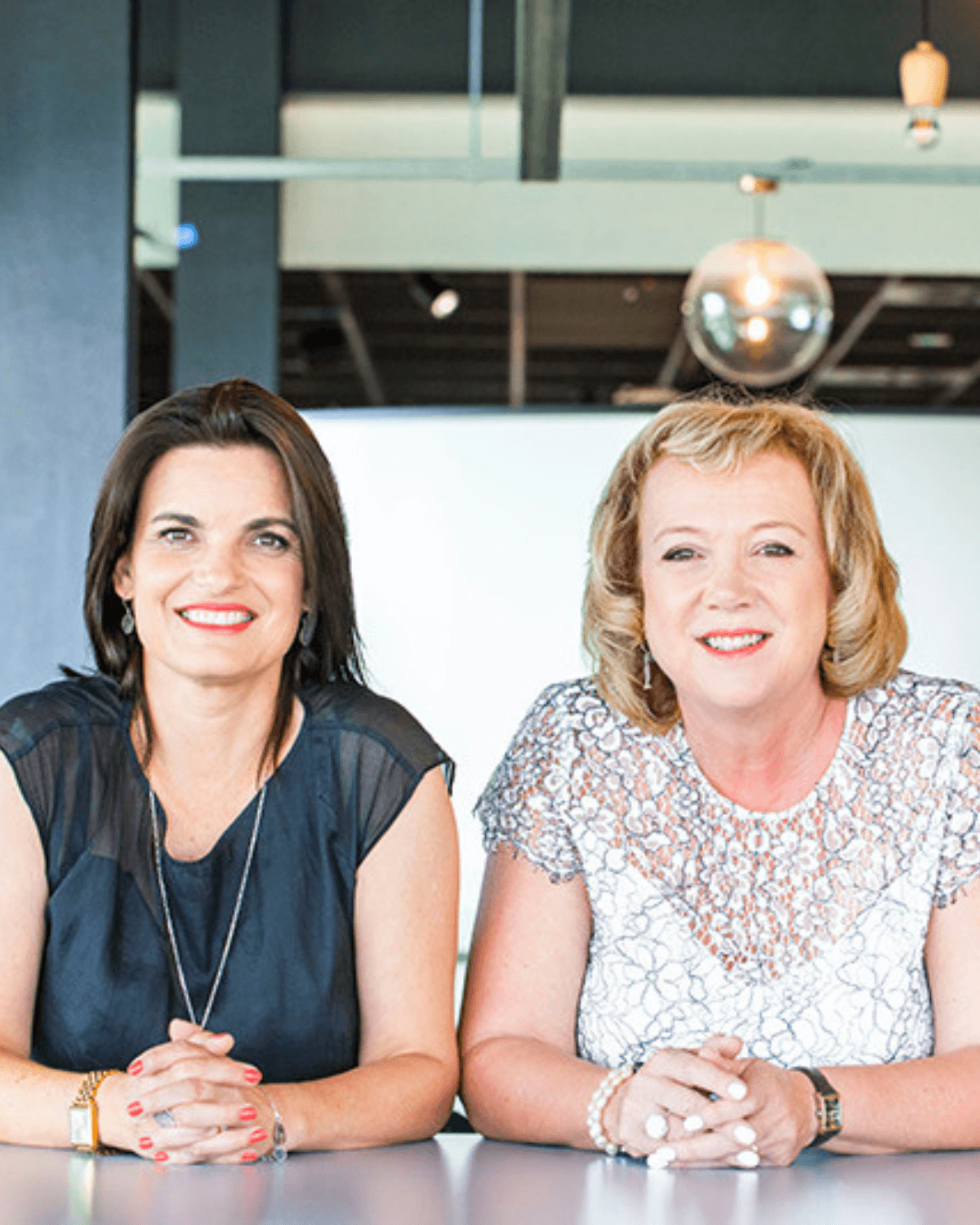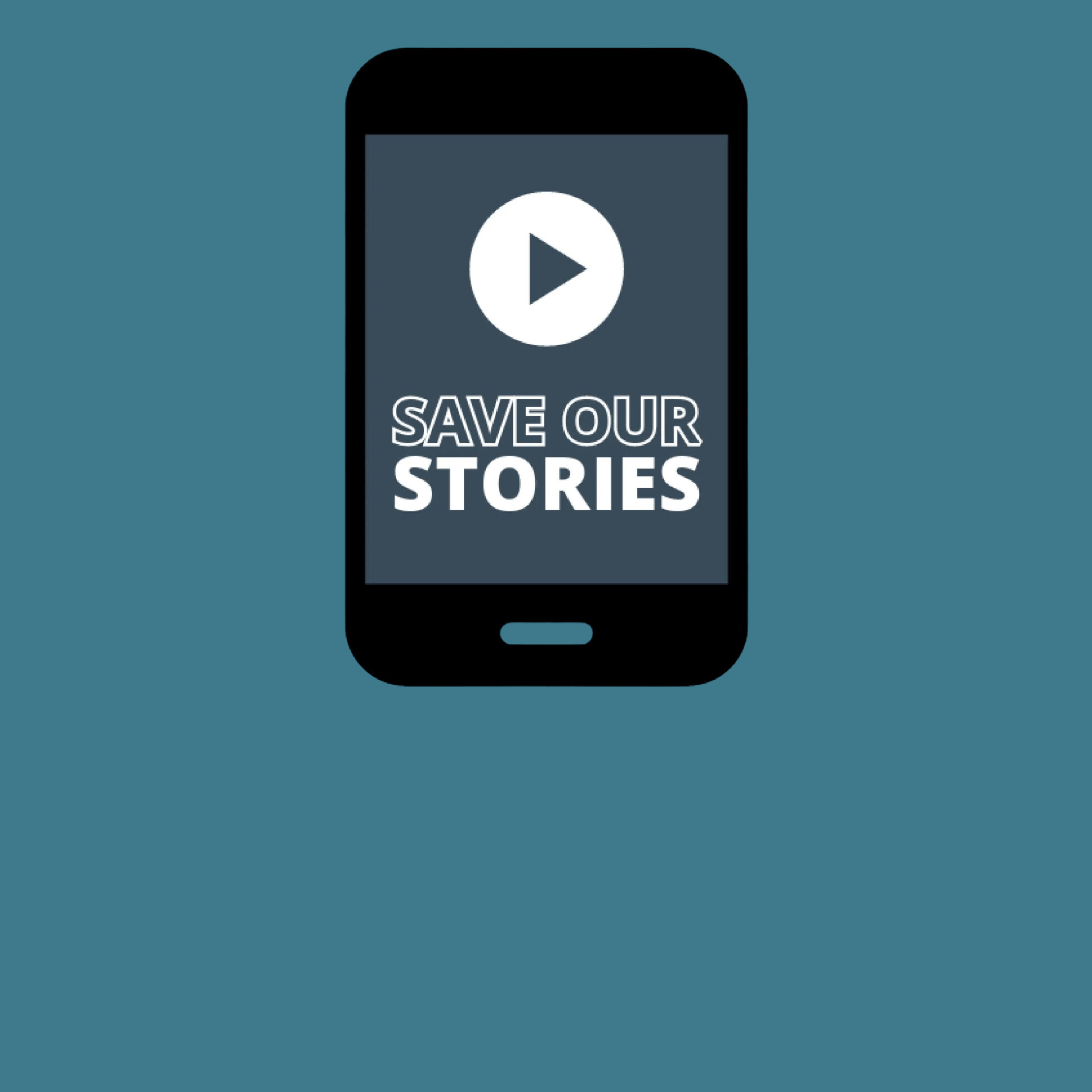What does it mean to be a leader? In celebration of International Women’s Day on March 8th, our General Manager, Carolyn Kerr, kicks off her Journey to Leadership series where she reflects on this very question and explores her own leadership experience.
I’ve grown much more aware of my leadership mindset in recent years – thinking about how I can live a mindful leader’s life every day. I’ve been especially spurred on by the Global Women Breakthrough Leaders Programme in 2018.
During this one-year intensive, a common struggle cropped up in the conversations of my fellow female leaders: an occasional, unfounded inner critic, that negative internal voice. The devil on your shoulder. Self-sabotage. Imposter syndrome.
Psychologists say imposter syndrome is an inherent negative feeling a lot of us have; that our peers are going to ‘discover’ that we’re a fraud. That we don’t truly belong in that role or deserve that position. That we’ve only got here thanks to sheer luck or good timing.
An estimated 70% of people experience impostor feelings at some point in their lives, according an International Journal of Behavioral Science article.
How alarming is it that so many of us are our own worst enemies, allowing unfounded concerns to be a barrier to success – letting an attitude or a mindset dictate how far we go, as opposed to allowing our genuine abilities to achieve and succeed based on merit.
The syndrome doesn’t discriminate – it can be felt by anyone, from a university graduate on their first day in ‘real’ employment to a chief executive running multi-billion-dollar companies. Despite who it affects, it can truly limit us if we let it – it can eat away at the courage and confidence we need to chase new opportunities, try something new or take risks and put ourselves out there in a way that life sometimes requires of us.
I’ve been mindful of learning ways to quash these thoughts as I continue the leadership trajectory I’m so passionate about, as my business partner Jane and I steer Anthem’s business and our clients to daring new heights.
I’ve learnt that a starting point to deal with imposter syndrome is similar to the advice for combating addiction: “the first step to recovery is admitting you have a problem”. To knock imposter syndrome on its head, we simply address the feelings are occurring. We don’t have to submit to them or give them higher status than they deserve. Just observe them.
Once we’ve observed, we then work on reversing the negative connotations that our inner critic throws at us. This is the step that some people are naturally better at than others – but again, it doesn’t come down to capability, just mindset.
“People who don’t feel like impostors are no more intelligent, competent or capable than the rest of us. It’s very good news, because it means we just have to learn to think like non-impostors.” That’s according to Impostor syndrome expert and author of The Secret Thoughts of Successful Women, Valerie Young. Learning to value constructive criticism, asking for help to speed things up or practising a potentially weaker skill can all help reframe that mindset.

Photo credit: Getty Images
How powerful a simple shift in perspective can be, it seems.
Talking to mentors, coaches or people you can trust is another way to work through these feelings and help you realise that actually, you’ve worked damn hard at this gig and there are so many genuine reasons you’ve reached this point. Self-doubt is normal and experienced by lots of people – it’s about reframing the mindset and outsmarting your inner critic that’s important.
Remember that your inner critic does have a good intention – to keep you in a safe zone and protect you from possible emotional injuries like judgement, rejection, blame or shame. But it’s important to not let it hold you back from reaping the rewards of taking a risk and trying something new that sets your heart on fire. The key here is to differentiate when your inner voice is plainly holding you back for unfounded reasons, and when a more genuine realistic part of your sub-conscious is giving you a gentle reality check – in which case, start building an action plan and setting goals to reach the development you need to get to the next goal zone.
According to Women’s Empowerment Coach Sara Fabian: “When you build an action plan by setting new goals and working on your development, it shows you are being realistic. But if you start telling yourself that it’s going to be hard or even impossible before you’ve even tried, please know that’s not your true self talking. That is your Inner Critic.”
So, as I throw myself into my 2020 leadership adventure, I promise my colleagues, my clients, my family and friends to help them to create their own inner cheerleader and harness their most powerful voice.











